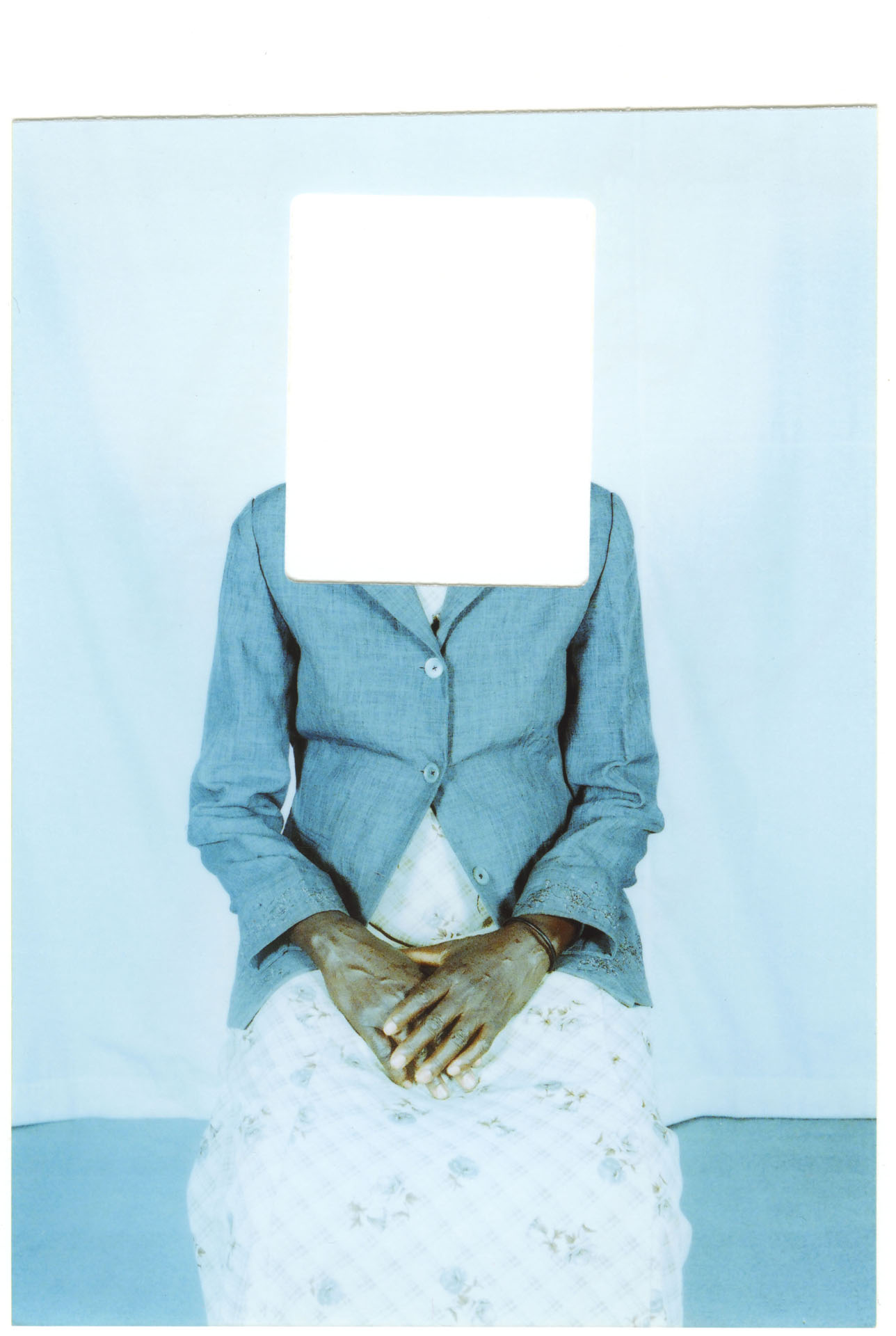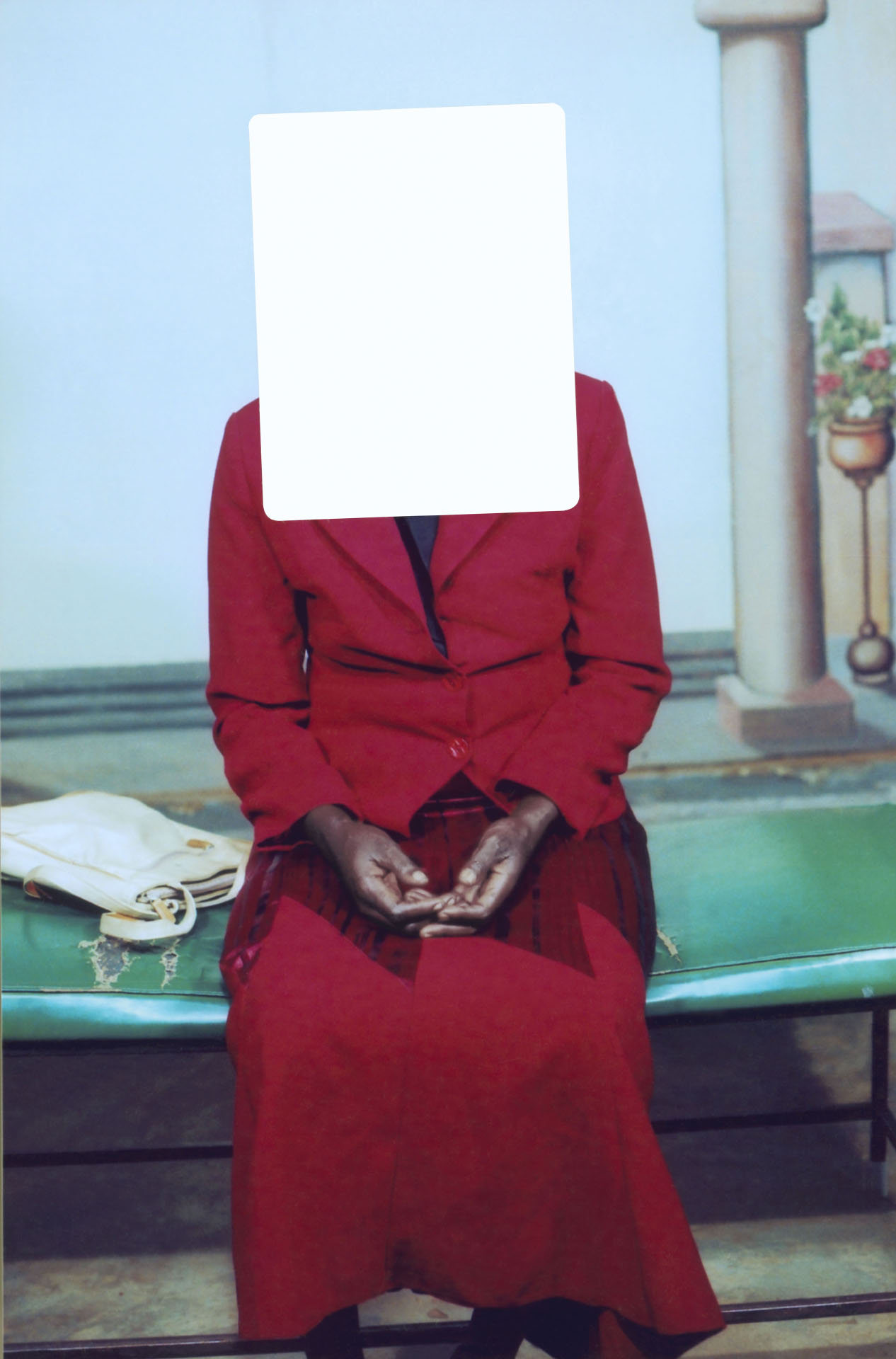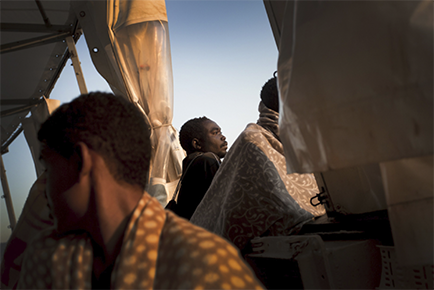 https://agencevu.com/wp-content/uploads/2021/05/Preview-En-mer.png
290
434
Editorial
/wp-content/uploads/2021/05/logo-vert-2.svg
Editorial2018-01-03 10:18:392021-05-18 14:29:05In Sea, 2018
https://agencevu.com/wp-content/uploads/2021/05/Preview-En-mer.png
290
434
Editorial
/wp-content/uploads/2021/05/logo-vert-2.svg
Editorial2018-01-03 10:18:392021-05-18 14:29:05In Sea, 2018Martina
Martina Bacigalupo
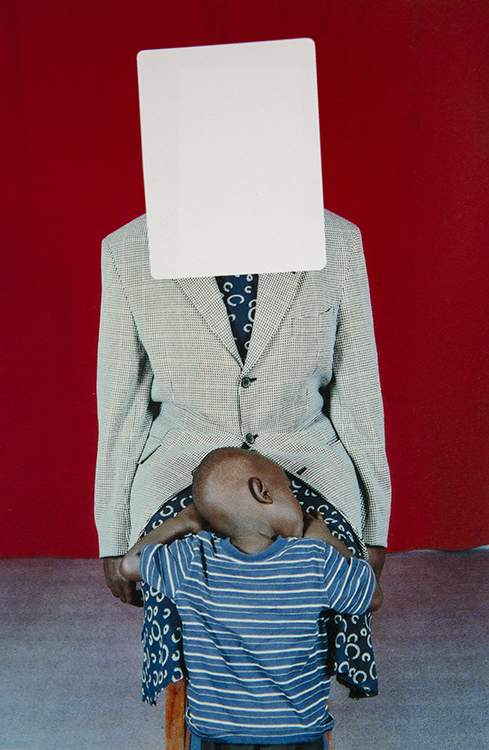
biography
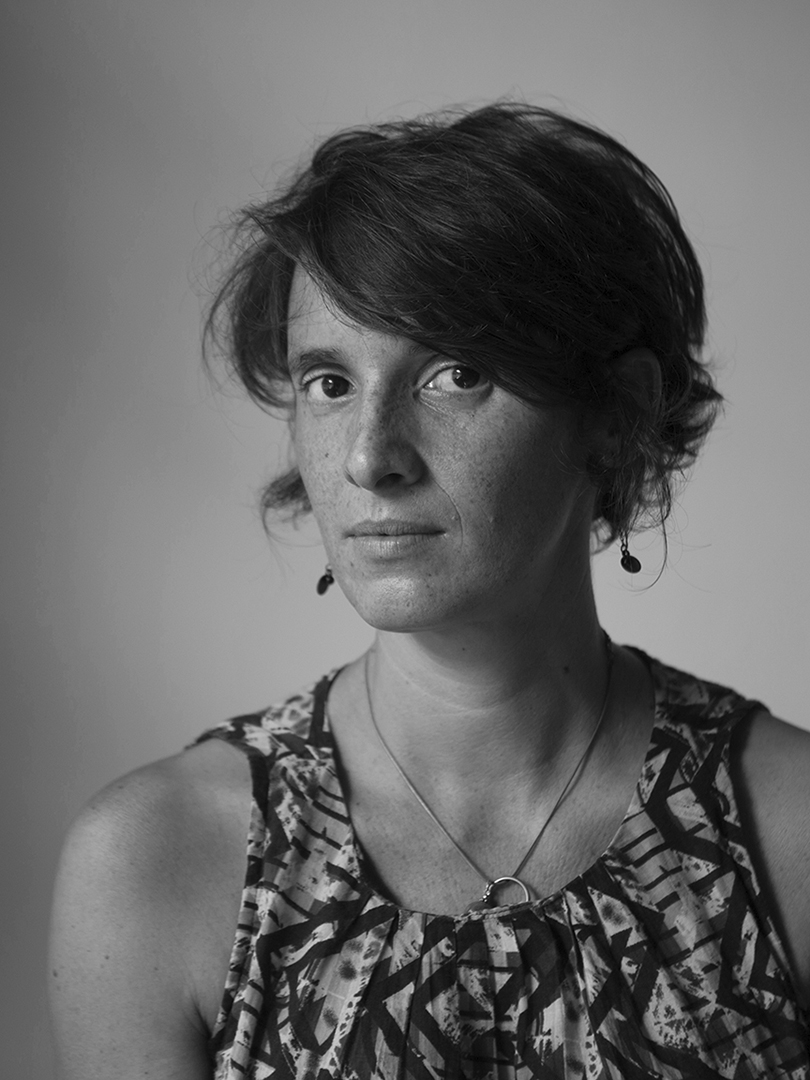
Italian photographer born in 1978, member of the VU’ Agency since 2010, she is based in Paris (France), after having lived 10 years in East Africa.
After studying literature and philosophy in Italy, then photography at the London College of Communication, Martina Bacigalupo moved to Burundi in 2007. As a committed photographer, she works on human rights issues, particularly on the place of women in the Global South, collaborating with various international organizations (Médecins sans Frontières, Save The Children, Handicap International, Care International, the United Nations, Comité International de la Croix Rouge…. )
Martina Bacigalupo’s photographs, through their pure framing and accuracy, develop life stories with subtlety: without demonstration, without assertion, without judgment. “In a very clear, voluntary way, Martina Bacigalupo’s work is part of a tradition, both human and aesthetic, of commitment (…) This is reflected in a careful, precise choice of themes and issues on which she exercises an empathetic gaze, always focusing on the human dimension and seeking the right distance from her subjects. This distance is difficult to maintain and must combine modesty and proximity, discretion and highlighting of the problems treated. Because it is always a question of making complex situations readable and even obvious” (Christian Caujolle).
Back in France in 2017, she continued her documentary work. Marked by the migration issues, and after several trips on the Mediterranean Sea, notably aboard the rescue vessel Aquarius, she questions the representation of migrants with The Reverie project – a multimedia project developed with Sharon Sliwinski, a Canadian researcher in Information & Media studies.
Involved in the transmission of her know-how and the defense of documentary photography, she conducts professional internships in France and abroad, socio-artistic interventions and occasional collaborations with universities.
Photo director of the French magazine 6 MOIS since 2018, Martina Bacigalupo is part of the World Press Photo Jury in 2020.
Regularly published in the international press, her work has been awarded prestigious prizes such as the Amilcare Ponchielli Grin Award in 2009, the Canon Woman Photojournalist Award in 2010 and the FNAC grant for creative work in 2011. Her series “Gulu Real Art Studio“, published by Steidl in 2013, was exhibited at the Walther Collection Project Space in New York in 2013, at Paris Photo, Unseen Fair and Rencontres d’Arles 2014 as well as at the Triennale di Milano in 2016, and integrates the Artur Walther Collection as well as the Donata Pizzi Italian Photography Collection.
.
Series
 https://agencevu.com/wp-content/uploads/2021/05/Preview-En-mer.png
290
434
Editorial
/wp-content/uploads/2021/05/logo-vert-2.svg
Editorial2018-01-03 10:18:392021-05-18 14:29:05In Sea, 2018
https://agencevu.com/wp-content/uploads/2021/05/Preview-En-mer.png
290
434
Editorial
/wp-content/uploads/2021/05/logo-vert-2.svg
Editorial2018-01-03 10:18:392021-05-18 14:29:05In Sea, 2018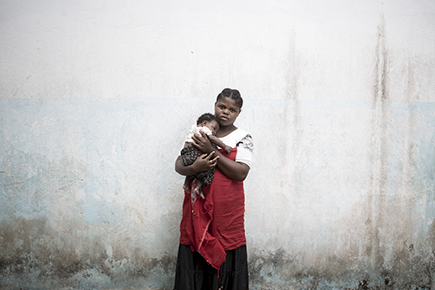
Wana Watiti, Early Marriages in the Comoros, 2015

The Missing, Uganda, 2015
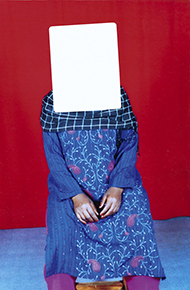
Gulu Real Art Studio, 2014
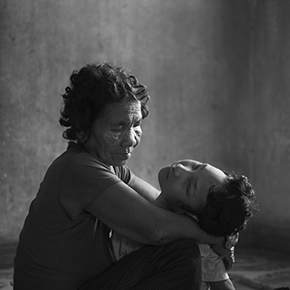
Vietnam, Children of the Plateau, 2012

Burundi, Places of Memory, 2012
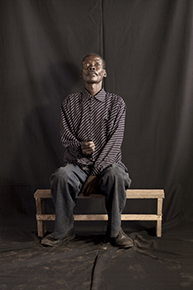
Batwa, Self-Portraits, 2012
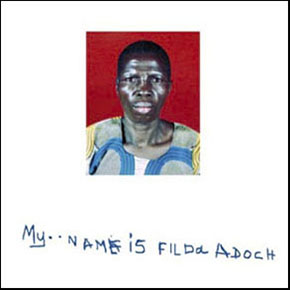
Filda, 2012
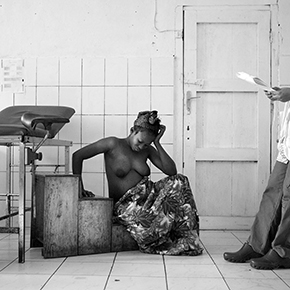
Wanawake, Being a Woman in Congo, 2011
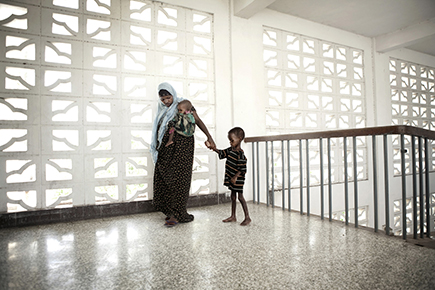
Somalia, Mogadiscio, 2011

The Backyard Women, Burundi, 2010
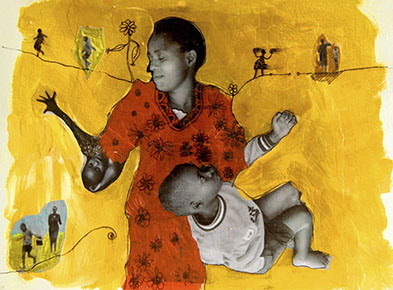
Umumalayika, 2010
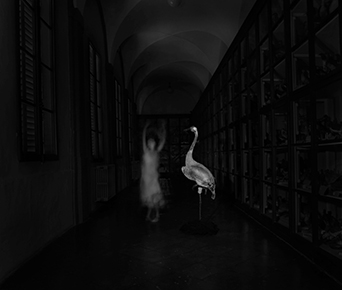
Pianissimo, 2009

In Sea, 2018

Wana Watiti, Early Marriages in the Comoros, 2015

The Missing, Uganda, 2015

Gulu Real Art Studio, 2014

Vietnam, Children of the Plateau, 2012

Burundi, Places of Memory, 2012

Batwa, Self-Portraits, 2012

Filda, 2012

Wanawake, Being a Woman in Congo, 2011

Somalia, Mogadiscio, 2011

The Backyard Women, Burundi, 2010

Umumalayika, 2010

Pianissimo, 2009

In Sea, 2018

Wana Watiti, Early Marriages in the Comoros, 2015

The Missing, Uganda, 2015

Gulu Real Art Studio, 2014

Vietnam, Children of the Plateau, 2012

Burundi, Places of Memory, 2012

Batwa, Self-Portraits, 2012

Filda, 2012

Wanawake, Being a Woman in Congo, 2011

Somalia, Mogadiscio, 2011

The Backyard Women, Burundi, 2010

Umumalayika, 2010

Pianissimo, 2009
Multimedia
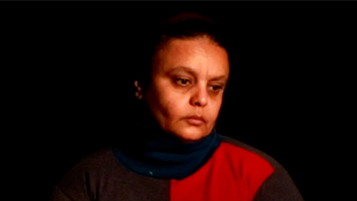
The Reverie Project, 2018

The Reverie Project, 2018

The Reverie Project, 2018
Interviews
Broadcast “Places of Memory”
—
Interview by Cyril Sauvenay, 2013
Interview in French of Martina Bacigalupo by Cyril Sauvenay for her exhibition “Places of memory”.
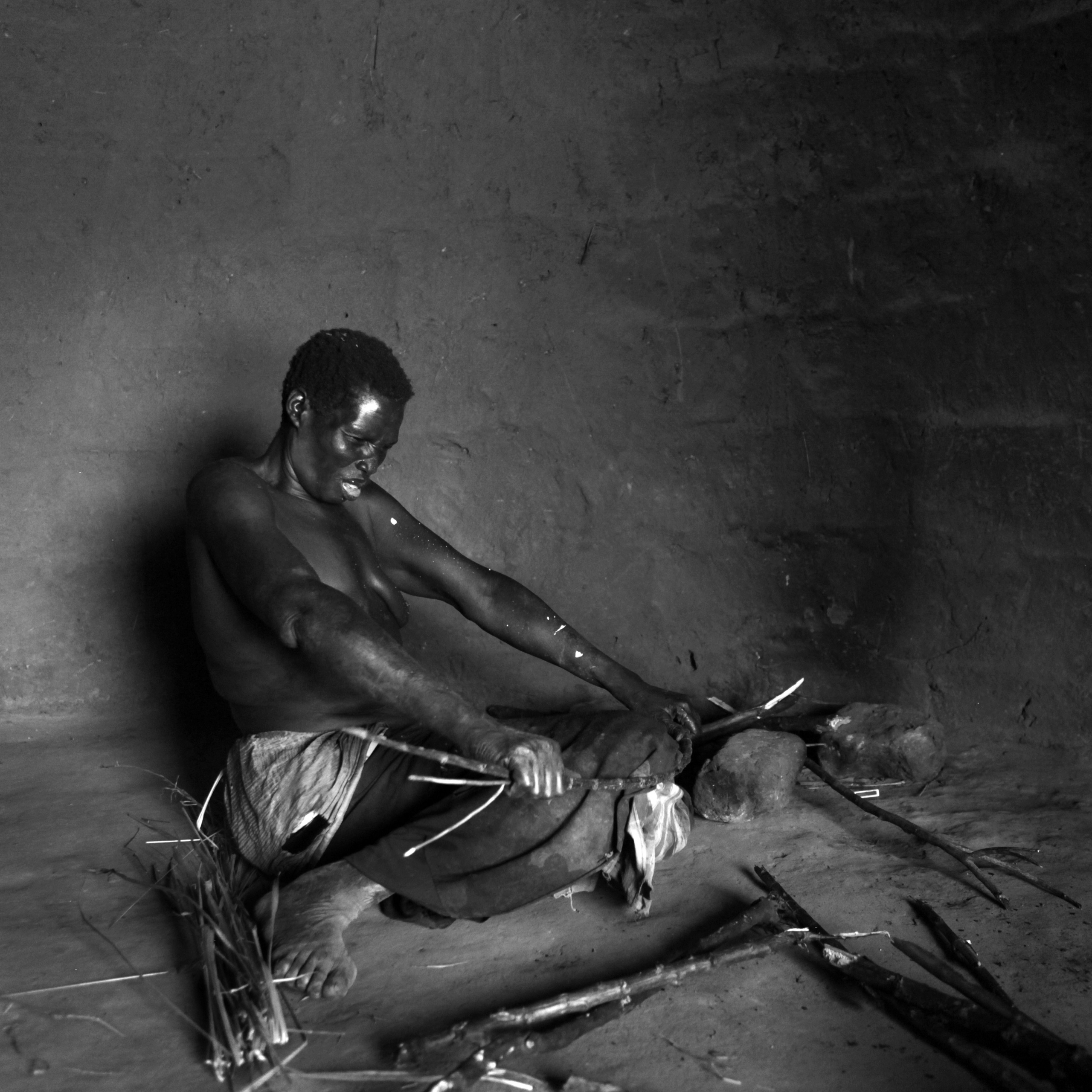
Broadcast “Mon oeil !”
France Culture
—
Interview by Amaury Chardeau, 2012
Martina Bacigalupo’s fate decided to lead her to Burundi, in the Africa of the Great Lakes, five years ago. The rest is a question of attention to the other, and of encounters, like the one she had one day in Uganda with Filda Adoch.
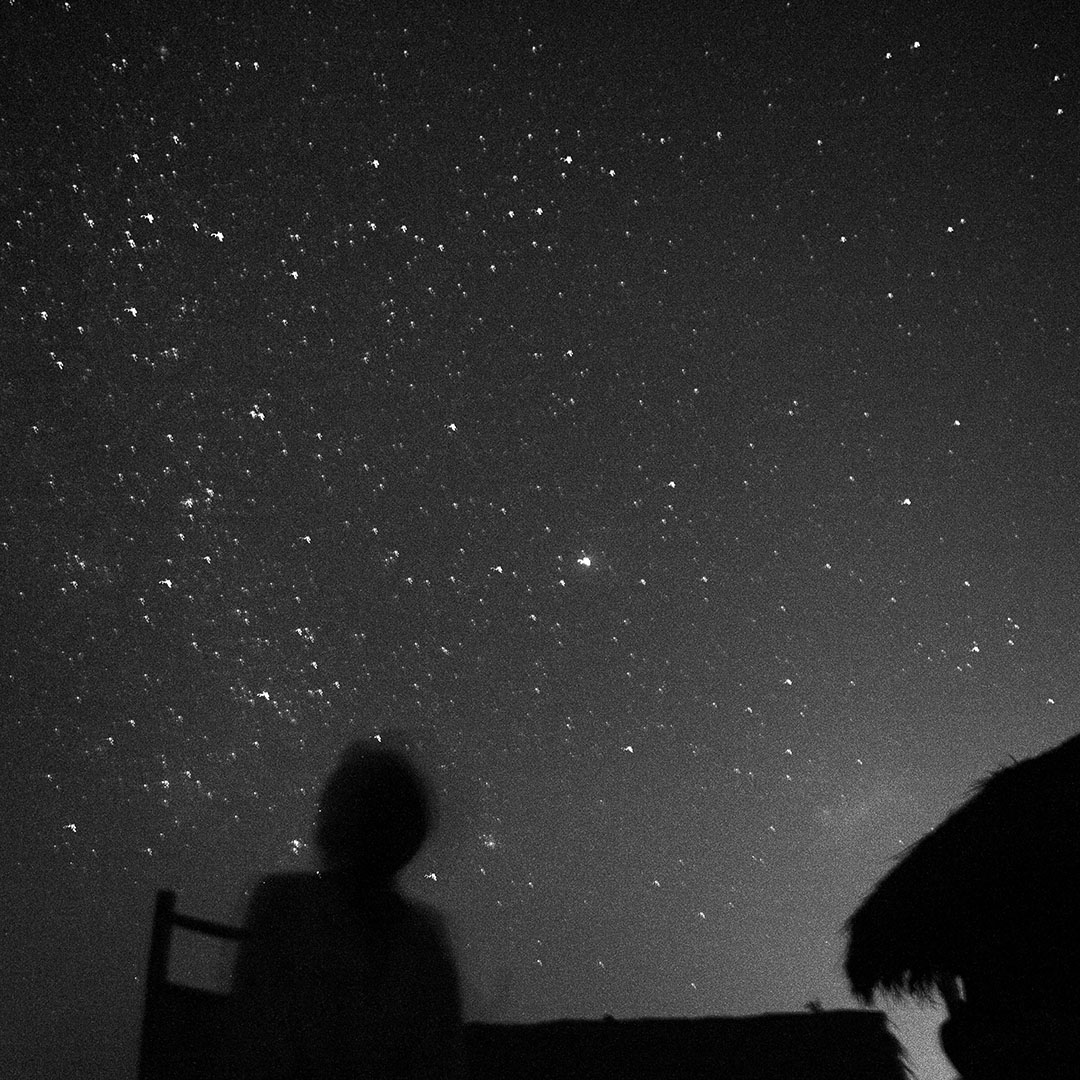
Broadcast “7 milliards de voisins”
RFI
—
Interview by Emmanuelle Bastide, 2011
Interview with Martina Bacigalupo, on the occasion of her exhibition presented at the VISA pour Image.
Exhibitions
Je m’appelle Filda Adoch
–
14 juin au 13 juillet 2015
–
Exposition anniversaire : les 25 ans de la collection du Centre Méditerranéen de la Photographie, Bastia, France
Gulu Real Art Studio
–
13 juin au 31 août 2014
–
Festival Portrait(s) 2014, Vichy, France
books
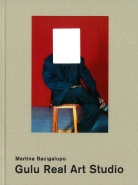
Gulu Real Art Studio
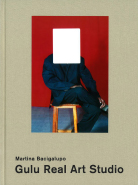
Gulu Real Art Studio

Gulu Real Art Studio
Awards

Fnac grant for creative assistance (France)
For her project on “Maternal Health in the South”
2011
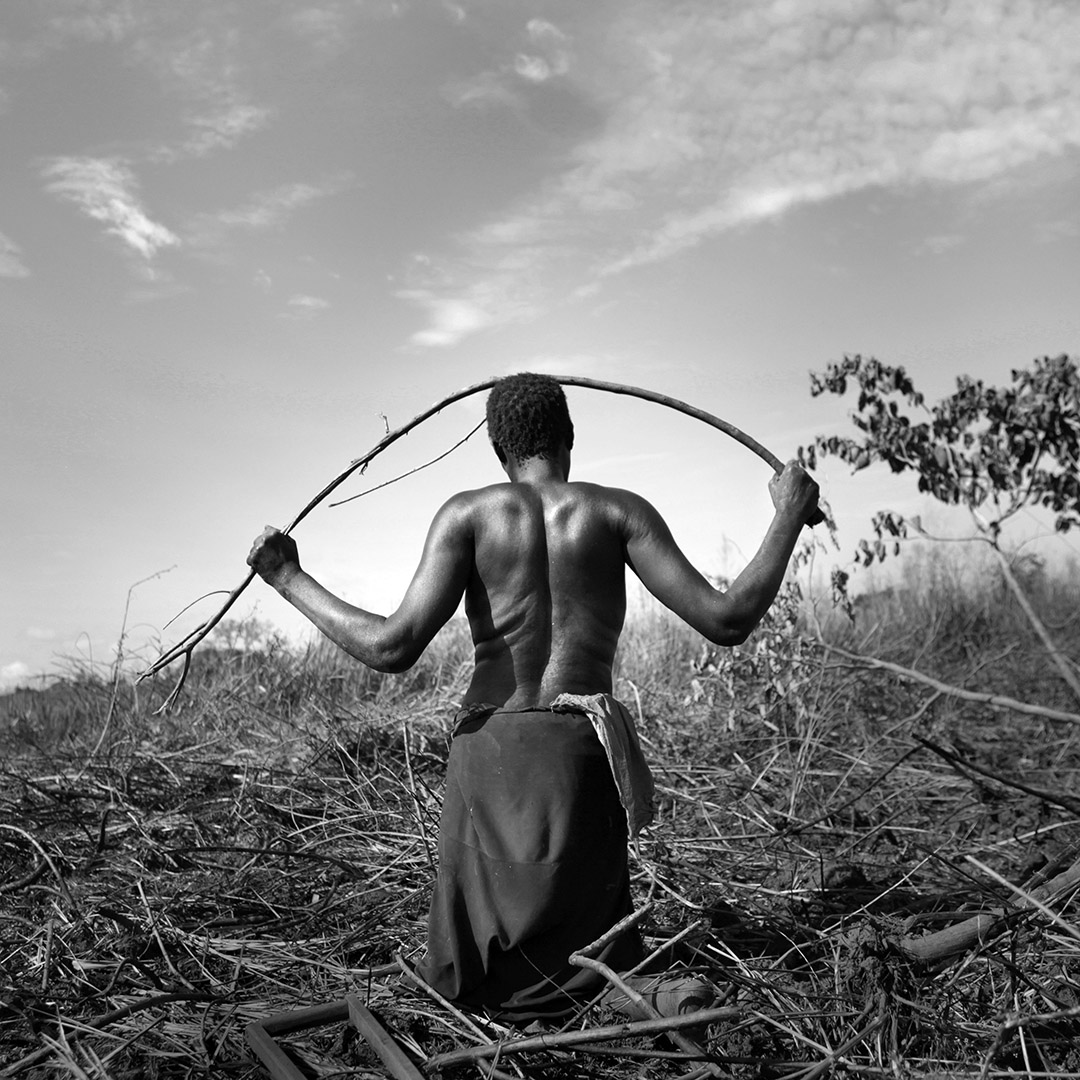
Canon Female Photojournalist Award (France)
For her reporting project “Uganda: The resistance of the forgotten”
2010
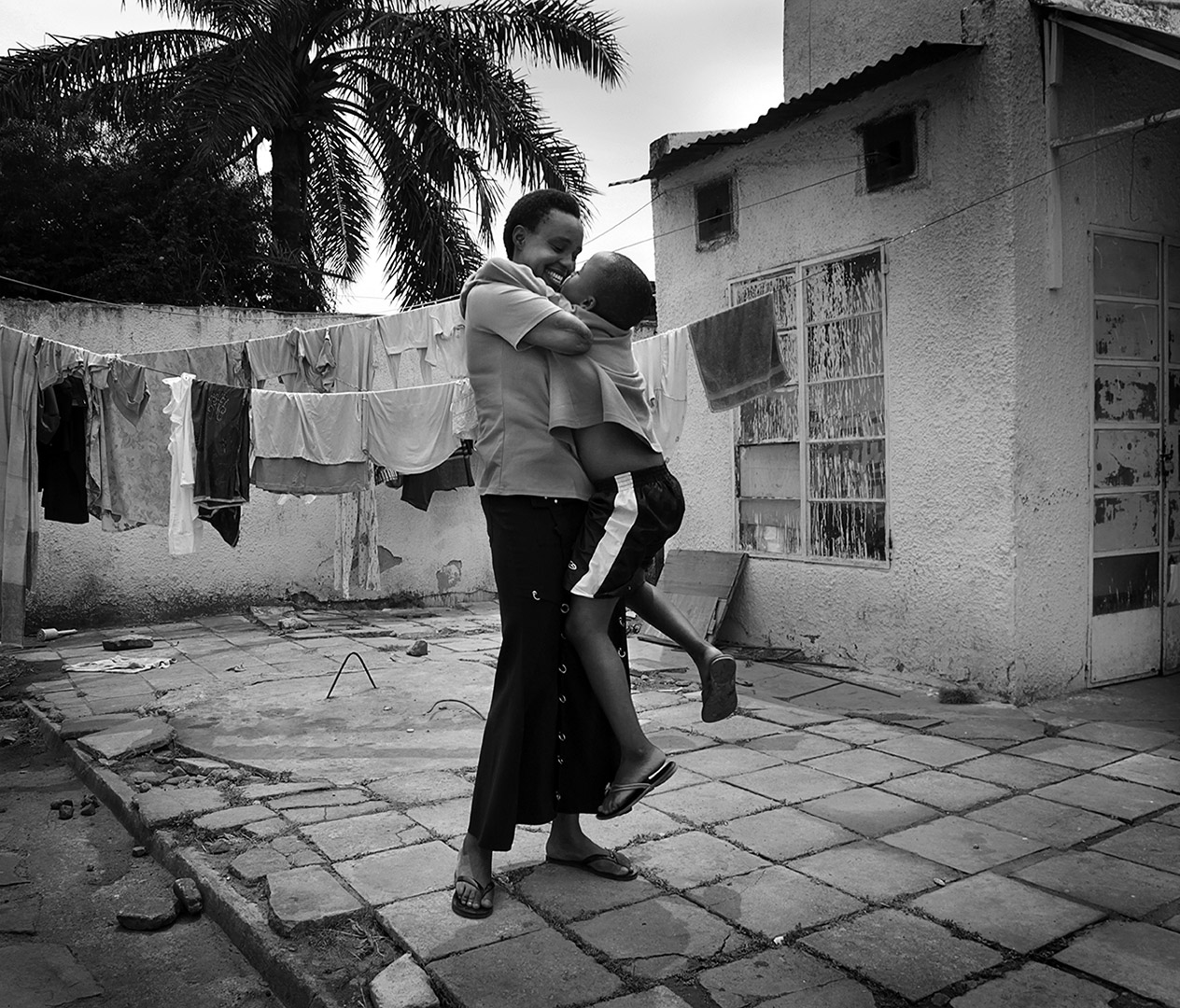
Amilcare Ponchielli Grin Award (Italia)
For her subject ” Umumalayika”
2009
